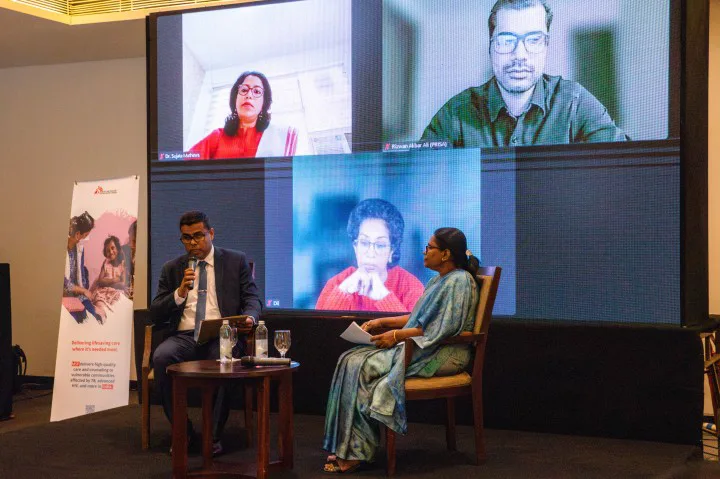Climate and Health Round Table – MSF South Asia 2025
🧭 About the Event
The Climate and Health Round Table organized by Médecins Sans Frontières (MSF) South Asia convened experts, researchers, and practitioners across the region to discuss the escalating health risks posed by extreme weather events. Held in Colombo, Sri Lanka, and streamed online, this event created a vital space for cross-country collaboration and reflection on the intersection of climate change and public health systems in South Asia.
🔍 Event Purpose
To highlight the growing burden of extreme weather on public health, share lived experiences, and call for coherent, contextualized responses through research, innovation, and community engagement.
🧵 Key Highlights from the Panel Discussion
Hosted by MSF South Asia, and joined by PRISA (Policy Research Institute for South Asia) and a diverse panel of regional experts, the session spotlighted:
📌 Pakistan’s 2022 Flood Experience
- 33 million people affected across 116 districts
- One-third of the land submerged at peak
- 13% of health facilities damaged; $150 million impact on the health sector
- 854 health facilities affected:
- 248 completely destroyed
- 606 partially damaged
- Worsening malnutrition, with 650,000 pregnant women and 4 million children lacking access to essential care
- Rise in waterborne and vector-borne diseases like malaria, diarrhea, and heat stress
🧠 Key Learnings & Recommendations
- Healthcare Vulnerability: Climate-related disasters critically impair primary care access, immunizations, and chronic disease management
- Marginalized Populations at Risk: Disproportionate impact on women, youth, transgender people, persons with disabilities, and religious minorities
- Prediction Tools Gap: Greater local investment needed in weather forecasting and indigenous knowledge for early warnings
- Research Imbalance: Significant lack of studies from the Global South, despite bearing the brunt of the climate-health burden
- Community Engagement: Early warning communication and local action plans are often underutilized but essential
- Heat Response: Health systems must innovate new protocols for managing extreme heat events, including public alerts on high-risk days
🚨 The Core Message
We must develop coherent, integrated, and context-specific preparedness and response plans to meet the growing threat of extreme weather to our health systems.
🔑 What Matters Most
Research. Innovation. Community.
These three pillars are vital for building resilient, responsive health systems in the era of climate crisis.
📸 Photo Highlights

